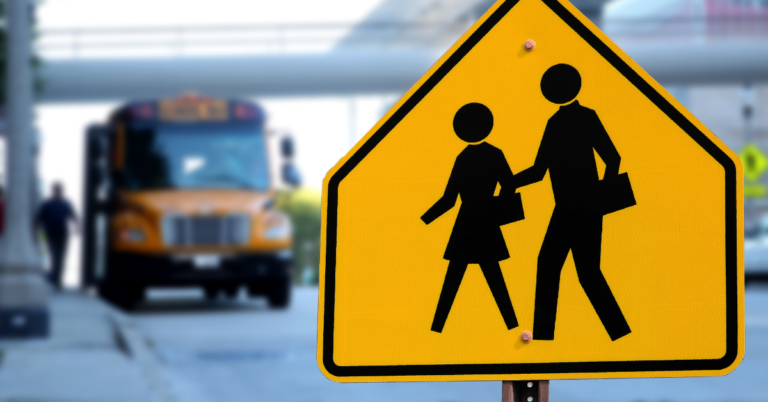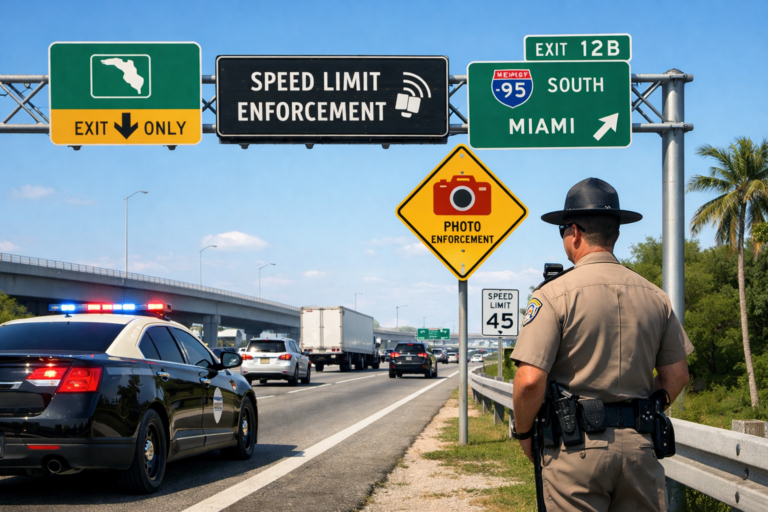Anytime you are pulled over by the police, it’s natural for your blood pressure to go up and for you to start worrying about the potential consequences. The whole experience can be so unnerving that you simply want to forget about it and move on with your life.
But it’s a mistake to just pay your traffic ticket, particularly if you do not know the distinction between a civil and a criminal traffic violation. You need an attorney who is thoroughly experienced in handling these types of accusations. Police may try to pressure you to accept a deal or to simply handle the consequences of a conviction. Make sure that you have a sit-down conversation with an experienced Florida traffic ticket attorney to access the exact infractions or charges pending against you.
Basics of Civil Traffic Tickets in Florida
A traffic ticket is a form that is given to a pedestrian or a motorist when an officer has witnessed him or has reason to believe that you have violated a civil traffic law. Some of the most common reasons for a Florida officer to give out a traffic ticket are making an illegal U-turn, speeding, running a stoplight, committing a non-moving offense like parking meter violation, or crossing the street illegally.
These tickets will be an official paper form that an officer uses to inform you about the fine involved. It also tells you how you can respond as far as paying the fine online, mailing in the form and a check, or challenging the ticket and appearing in court. The terms ‘traffic citation’ and ‘traffic ticket’ are often used interchangeably to refer to these minor infractions.
A civil traffic violation which is the most common type that a person will receive in Florida does not have criminal penalties assessed. However, it’s a mistake to assume that there are no consequences. These can still have points assessed against your driver’s license, such as higher insurance premiums and a possible license suspension or revocation if you take on too many points over a particular period of time. If you drive when you know that your driver’s license is suspended, this could be raised into a criminal offense.
What Are Civil Traffic Citations?
Any person who has committed a traffic infraction across Florida is given a citation. This directs you to respond by appearing in court. You may be able to avoid appearing in court by mailing in a check or paying the fine online. An infraction is not a criminal charge even though it may have fines and costs associated with it. Furthermore, points may be added to your record. Your options after you have received a civil traffic ticket include:
- Paying the fine indicated on the ticket.
- Requesting an informal hearing.
- Asking for a formal hearing and having an attorney represent you.
- Attending traffic school.
If your driving record is in good standing and you have recently received an infraction, you can go to traffic school after paying the assessed fine. Traffic school is a four-hour driver improvement course and you have up to 90 days to complete the course after you have indicated your intention to attend. If you do pay the fine by check or online you have admitted your guilt and can no longer challenge it.
What You Need to Know About Criminal Traffic Tickets and Citations?
Criminal traffic tickets are different from traditional traffic infractions. This is because the ticket alleges that you committed a criminal traffic violation such as a DUI. Other examples of common criminal traffic violations in Florida include:
- Reckless driving
- Hit and run
- Being a habitual traffic offender
- Vehicular manslaughter or homicide
- Leaving an accident scene
- Driving with no valid license
- Driving with a suspended license with knowledge
- Attempting to elude law enforcement
While the vast majority of criminal traffic offenses are categorized misdemeanors, you could be charged with a felony depending on the specifics of your case. If you are charged with a DUI that led to someone’s death or serious injury, for example, or if you have already been classified as a habitual traffic offender. These offenses will probably be charged as felonies. These carry the potential for prison or jail time depending on whether or not it is a felony or a misdemeanor charge. You could also be looking at probation, home confinement, traffic classes, fines, revocation, or suspension of your license or the vehicle impounded.
Furthermore, there will be other non-criminal consequences that could follow you such as higher insurance premiums, loss of insurance, lost employment opportunities, and a permanent mark on your criminal and driving record. When you have been presented with a citation or a traffic ticket, you need to clarify what it means and how you need to proceed. The right traffic ticket attorney in Florida is a vital asset for identifying the exact charges or infractions pending against you and the options available to you to fight back. Call 1-800-CITATION for a free consultation.



